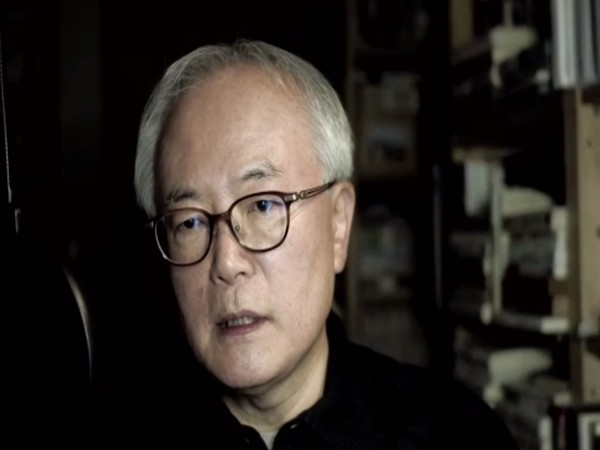
Assertive China is dangerous presence, brought Quad members together, says former special advisor to Shinzo Abe

New Delhi [India], June 19 (ANI): An assertive China is “a very dangerous presence” and has brought members of Quad together, a foreign affairs expert from Japan said on Saturday while noting that the United States and China will compete in a host of areas including semiconductors, artificial intelligence and deep space exploration besides military technologies.
Speaking at the inaugural event of ‘Global Policy Insights’ QUAD Forum, Tomohiko Taniguchi, who was Special Advisor to former Japan Prime Minister Shinzo Abe, said that China has given up its “low-profile” posture. The event was held virtually.
Taniguchi said Washington has become aware of building “more robust bridges between and among” the US, Japan, India and Australia, the four countries who form the Quad (Quadrilateral Security Dialogue).
“Going forward, 2049 is going to be the most important year for China for an obvious reason because it is going to make a centenary since the establishment of a new China – the People’s Republic of China,” he said.
Taniguchi said China wants to surpass the US as the leading global power and develop a more powerful military arsenal.
“We have got a time slot between 2021 and 2049 – nearly a generatio’Assertive China very dangerous, ‘n and I think the Chinese leaders are determined to make difference, as much as possible. Using that time period, it wants to surpass the United States as regards its economic size and along the way, China is keen to develop a more powerful military arsenal in the world,” he said.
“Today, the United States and China will compete on a host of different fronts, from semiconductors and artificial intelligence and deep space exploration. You name it. Let alone military technologies,” he added.
Taniguchi said in his keynote address that the US brought itself close to China in 2001 for help after the 9/11 terror attacks in New York.
“When China came out of its cocoon and hosted the first time one of the multilateral gatherings at Shanghai for APEC, China then put aside the low-profile posing and over time the Indians and Japanese became aware that an assertive China is a very dangerous presence. That assertive China has brought all of us together,” he said.
He said that the Trump administration earlier and the Biden administration now were laying focus on Indo-Pacific.
“The United States has come to be aware, perhaps belatedly, that by itself they could make no difference. So both the Trump administration and the Biden administration have chosen to focus on the Indo-Pacific region,” he said.
“It is not a landscape but a seascape. We are looking at a vast stretch of oceans and as Shinzo Abe spoke about 2007 to the central hall audience of the Indian parliament that it is the confluence of the two oceans – the Indian and the Pacific. My argument point two is that the United States has come to be aware that they should build more robust bridges’ between and among these four nations – the United States, Japan, India and Australia,” he added.
Taniguchi said former Chinese Communist leader Deng Xiaoping had argued that China should keep a low profile but that has gone and an assertive China has emerged.
“It is, of course, the emergence of an assertive China. An assertive China is no longer the China that Deng Xiaoping famously argued that they (China) should be low profile. It’s gone.”
He said members of Quad had also changed their outlook that led to the formation of the grouping.
Taniguchi said the “change that took place in India has been one of the catalysts to make Quad happen,” adding that Japan’s internal development, United States’ change in attitude, China’s rise also propelled the formation of Quad,.
The QUAD Forum is an initiative of Global Policy Insights, a centrist policy institute, aimed at fostering dialogue and understanding around the Quad grouping of nations comprising of the United States, India, Japan and Australia.
The first Leaders’ Summit of the Quadrilateral Framework was held virtually in March this year.
In their joint statement, the leaders had expressed their commitment to promoting a free, open rules-based order, rooted in international law to advance security and prosperity and counter threats to both in the Indo-Pacific and beyond.
The leaders said they support the rule of law, freedom of navigation and overflight, peaceful resolution of disputes, democratic values, and territorial integrity. (ANI)

















POST COMMENTS (0)